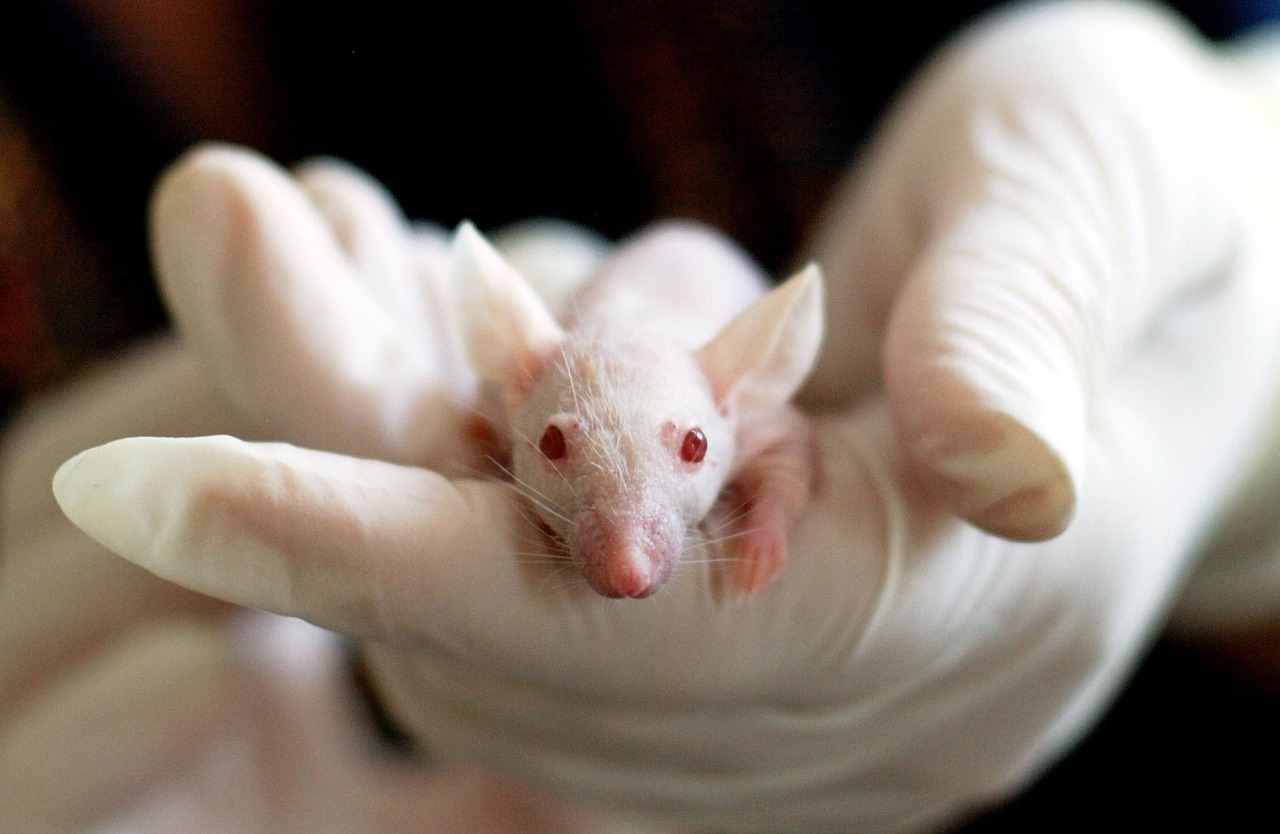Is it time to end testing drugs on animals?
The headline on the news release that dropped into my in-box recently read: “FDA Announces Plan to Phase Out Animal Testing Requirement for Monoclonal Antibodies and Other Drugs.” Take animals out of the drug approval process? Really? Monocolonal antibody therapies are some of the highest efficacy treatments in the multiple sclerosis (MS) arsenal. They include Tysabri (natalizumab) Lemtrada (alemtuzumab), Ocrevus (ocrelizumab, Kesimpta (ofatumumab), and Briumvi (ublituximab). (Notice the “mab” at…Continue Reading









